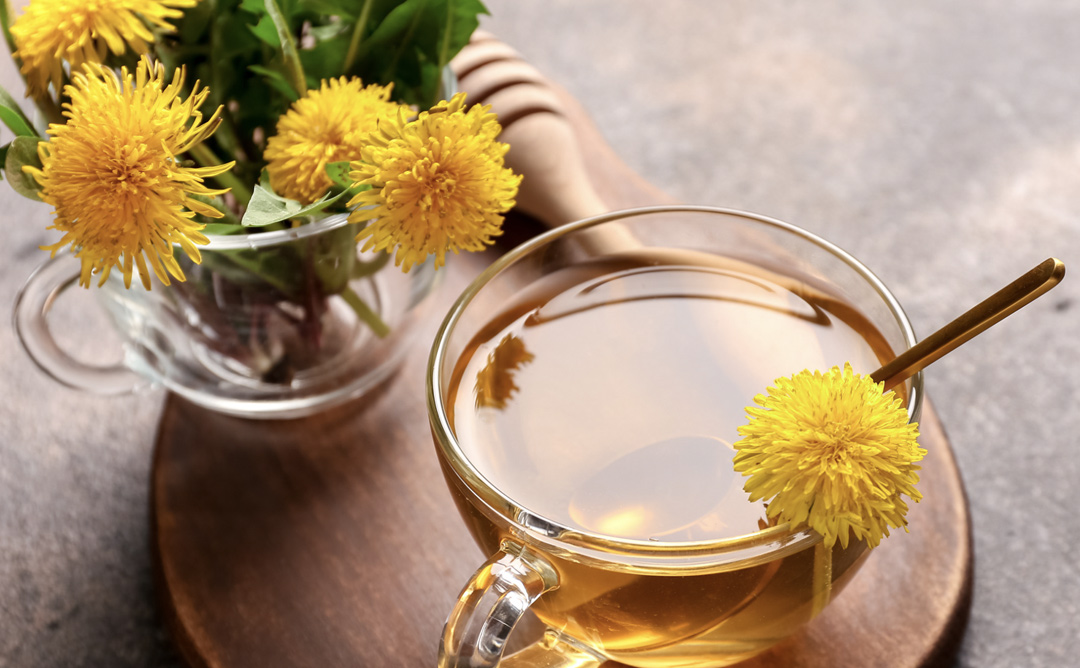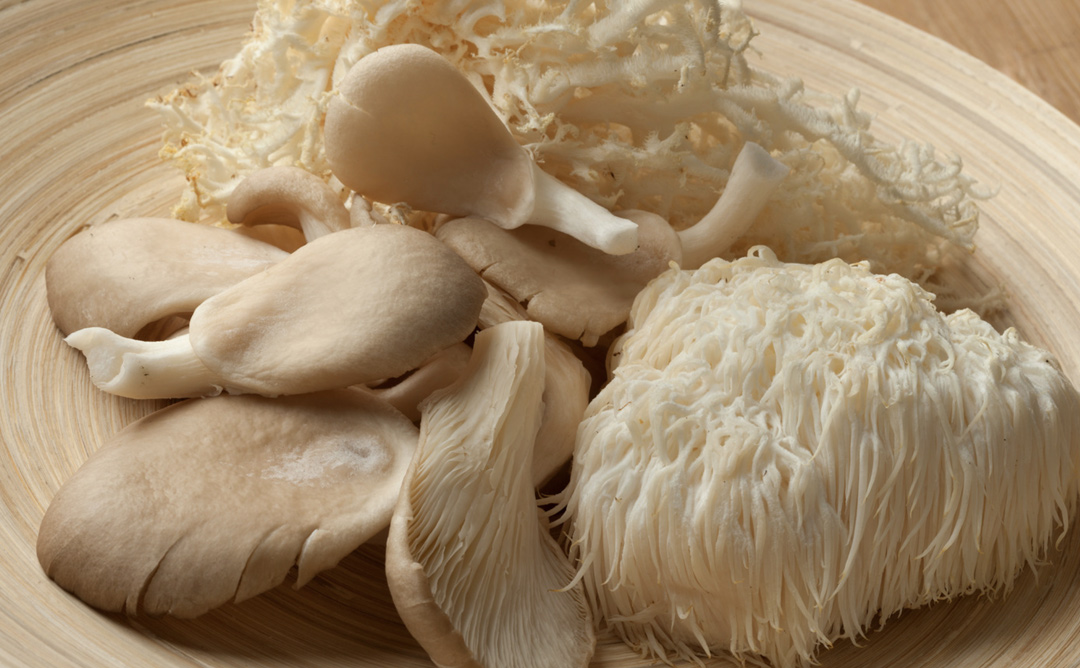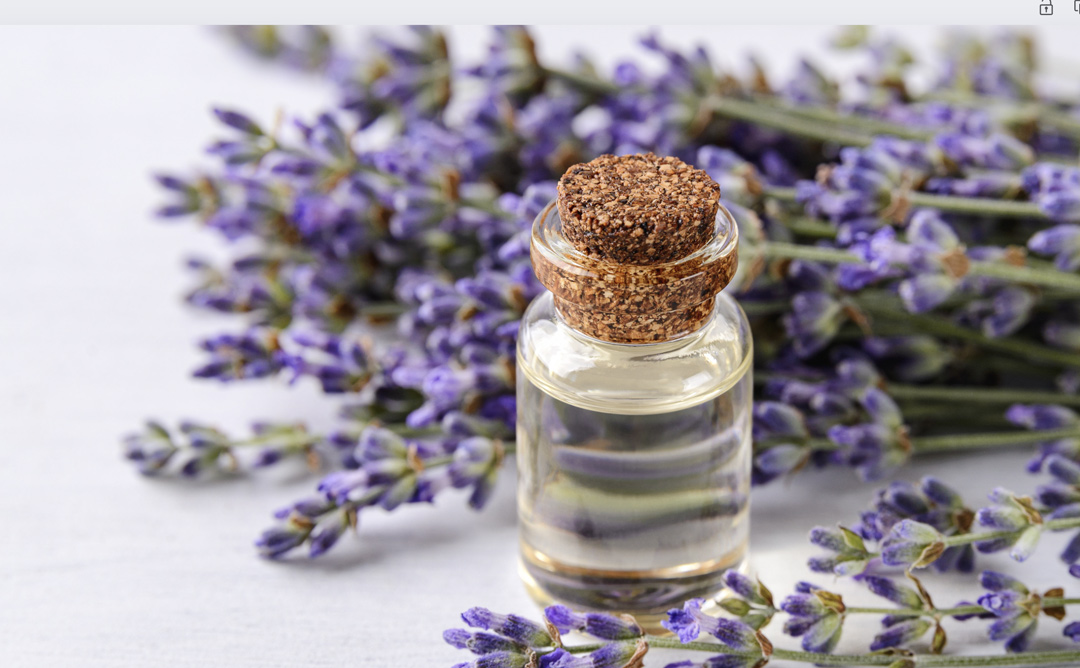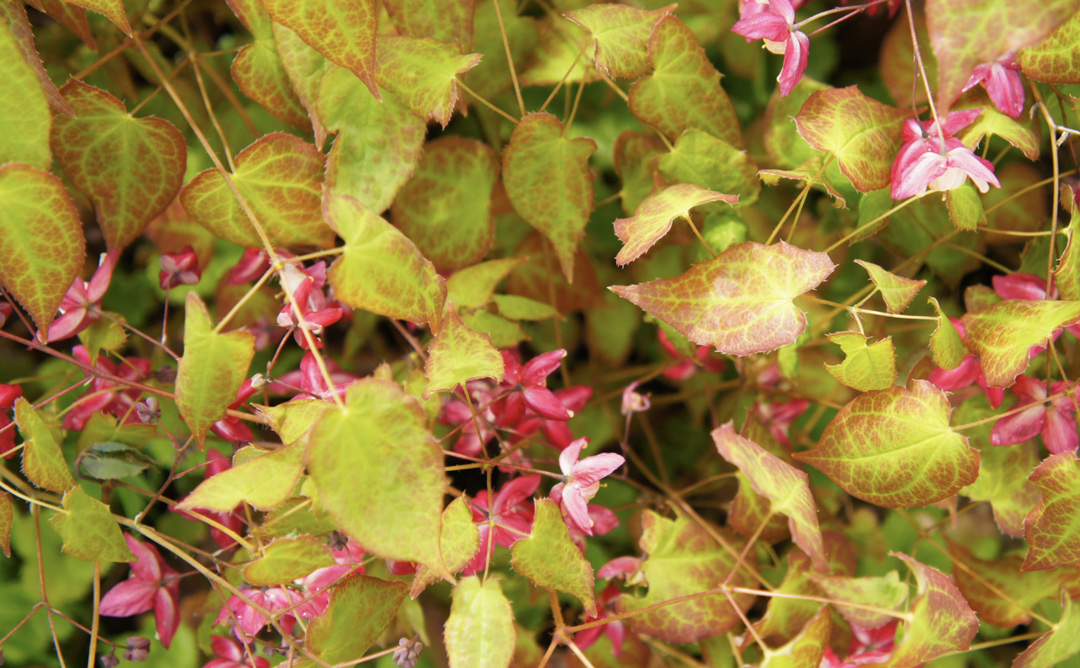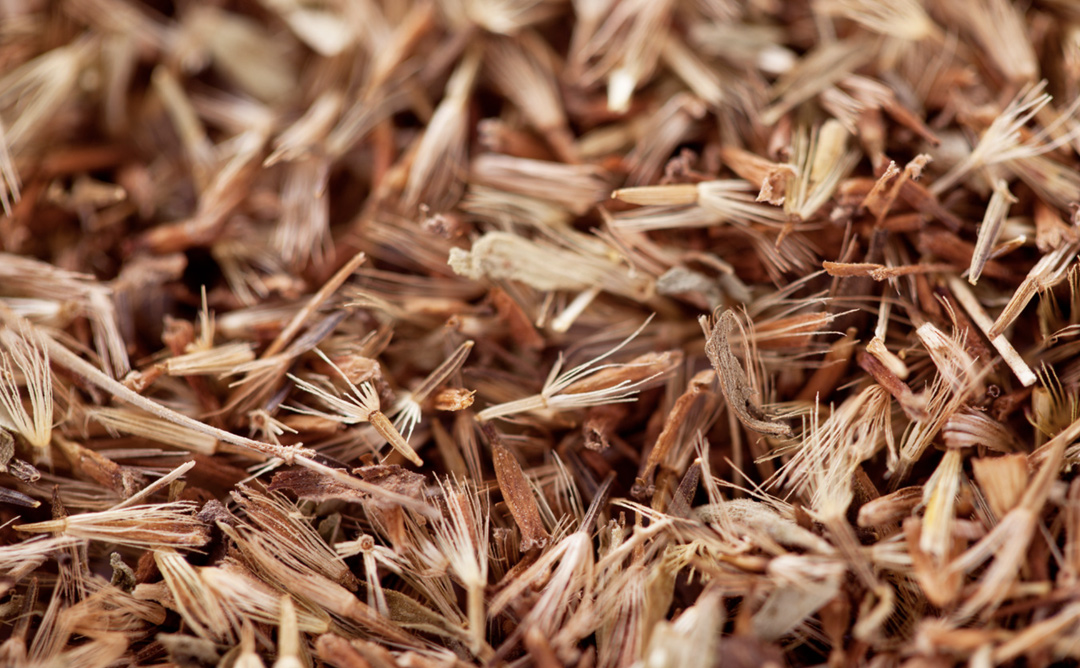From Low to Glow: Transform Your Libido with Barrenwort
Here we go again with another important blog from yours truly, tackling a topic many shy away from. But it’s crucial for me to share and help others, so let’s dive in! Today’s subject: low libido. Ugh. It happens. Especially after facing numerous health issues like I have. While I’ve made great strides in my recovery, nature is taking its course and age is setting in. It’s not fun! But, there’s help! All natural Barrenwort!
In the world of natural healing, few plants have garnered as much attention as Barrenwort. Also known as Epimedium or “horny goat weed,” this remarkable herb has a rich history in traditional medicine, particularly for enhancing libido and sexual health. In this blog, we’ll delve into the benefits of Barrenwort and how it can be a natural remedy for those seeking to boost their sexual desire and overall well-being. We will also discuss some potential side effects of pharmaceuticals in western medicine.
What is Barrenwort?
Barrenwort, scientifically known as Epimedium, is a flowering plant native to China and other parts of Asia. It thrives in mountainous regions and is part of the Berberidaceae family. The plant’s leaves and stems contain a variety of active compounds, the most notable being icariin, which is believed to be responsible for its libido-enhancing effects.
Key Benefits of Barrenwort
1. Enhances Libido and Sexual Function
Barrenwort is renowned for its ability to boost libido and improve sexual function. The active compound icariin is thought to increase blood flow and stimulate the release of nitric oxide, which helps relax and expand blood vessels. This can lead to improved sexual arousal and performance, making it a popular natural remedy for both men and women experiencing low libido.
2. Supports Hormonal Balance
For individuals dealing with hormonal imbalances that affect their sexual health, Barrenwort can offer support. It may help regulate levels of key hormones such as testosterone and estrogen, contributing to a healthier hormonal balance. This can be particularly beneficial for women experiencing menopausal symptoms or men with declining testosterone levels due to aging.
3. Boosts Energy and Reduces Fatigue
Feeling fatigued or low on energy can significantly impact one’s libido. Barrenwort is known for its ability to increase energy levels and combat fatigue. By enhancing stamina and vitality, it helps you stay active and engaged, which can naturally lead to an improved sex drive.
4. Promotes Healthy Circulation
Good circulation is crucial for sexual health, and Barrenwort excels in this area. By improving blood flow, it ensures that sexual organs receive adequate oxygen and nutrients, enhancing overall sexual function. This makes it a valuable herb for individuals dealing with conditions like erectile dysfunction or other circulation-related sexual issues.
5. Reduces Stress and Enhances Mood
Stress and anxiety are common culprits behind a diminished libido. Barrenwort possesses adaptogenic properties, meaning it helps the body manage and adapt to stress. By reducing cortisol levels, the primary stress hormone, Barrenwort can promote a more relaxed state of mind and improve mood, creating a more conducive environment for sexual desire.
How to Use Barrenwort
Barrenwort is available in various forms, including capsules, tablets, powders, and teas. When choosing a supplement, it’s important to opt for high-quality products from reputable sources. As with any supplement, it’s best to consult with a healthcare professional before adding Barrenwort to your routine, especially if you have any pre-existing health conditions or are taking other medications.
Potential Side Effects
While Barrenwort is generally considered safe, it’s important to be aware of potential side effects. These may include dizziness, dry mouth, nausea, and rapid heartbeat. Starting with a lower dose and gradually increasing it can help mitigate these effects. Always follow the recommended dosage instructions on the product label. Now let’s look at western medicine for this problem.
Common Western Medications for Low Libido
There are several medications commonly prescribed to treat low libido, including:
– Testosterone Therapy: Used primarily for men, this can help increase sexual desire and energy levels.
– Phosphodiesterase inhibitors (e.g., Viagra, Cialis): These are typically prescribed for erectile dysfunction but can also help improve libido.
– Flibanserin (Addyi): Approved for premenopausal women with low sexual desire.
– Bremelanotide (Vyleesi): An injectable medication for premenopausal women to enhance sexual desire.
Potential Side Effects
1. Hormonal Imbalances
Testosterone therapy can lead to hormonal imbalances, which may cause side effects such as:
– Acne and oily skin
– Increased red blood cell count (which can lead to blood clots)
– Mood swings and irritability
– Changes in cholesterol levels
2. Cardiovascular Issues
Phosphodiesterase inhibitors like Viagra and Cialis can cause cardiovascular side effects, including:
– Headaches
– Flushing
– Nasal congestion
– Dizziness
– In rare cases, these medications can cause serious heart issues, particularly in individuals with pre-existing cardiovascular conditions.
3. Psychiatric Effects
Flibanserin (Addyi), used to treat low libido in women, can have psychiatric side effects, such as:
– Dizziness and lightheadedness
– Fatigue and drowsiness
– Insomnia
– Anxiety and depression
– Severe low blood pressure, especially when combined with alcohol
4. Nausea and Gastrointestinal Issues
Bremelanotide (Vyleesi) can cause gastrointestinal side effects, including:
– Nausea
– Vomiting
– Flushing
– Injection site reactions, such as pain or redness
In conclusion, Barrenwort is a powerful and versatile herb with a range of benefits for libido and overall sexual health. From enhancing sexual function and balancing hormones to boosting energy and reducing stress, this natural remedy offers a holistic approach to improving your love life. By incorporating Barrenwort into your wellness routine, you can take a proactive step towards a healthier, more fulfilling intimate life.
While western medications for low libido can be effective, they are not without potential side effects. It’s important to weigh the benefits and risks, and consult with a healthcare professional to determine the best approach for your situation.
Embrace the natural power of Barrenwort and discover a new level of vitality and desire. Your journey to better sexual health and well-being starts with nature’s wisdom. Here’s what I take daily: Moon Juice Sex Dust. If you try this or any other product please let me know how it’s working for you! I can’t wait to hear all about it!
